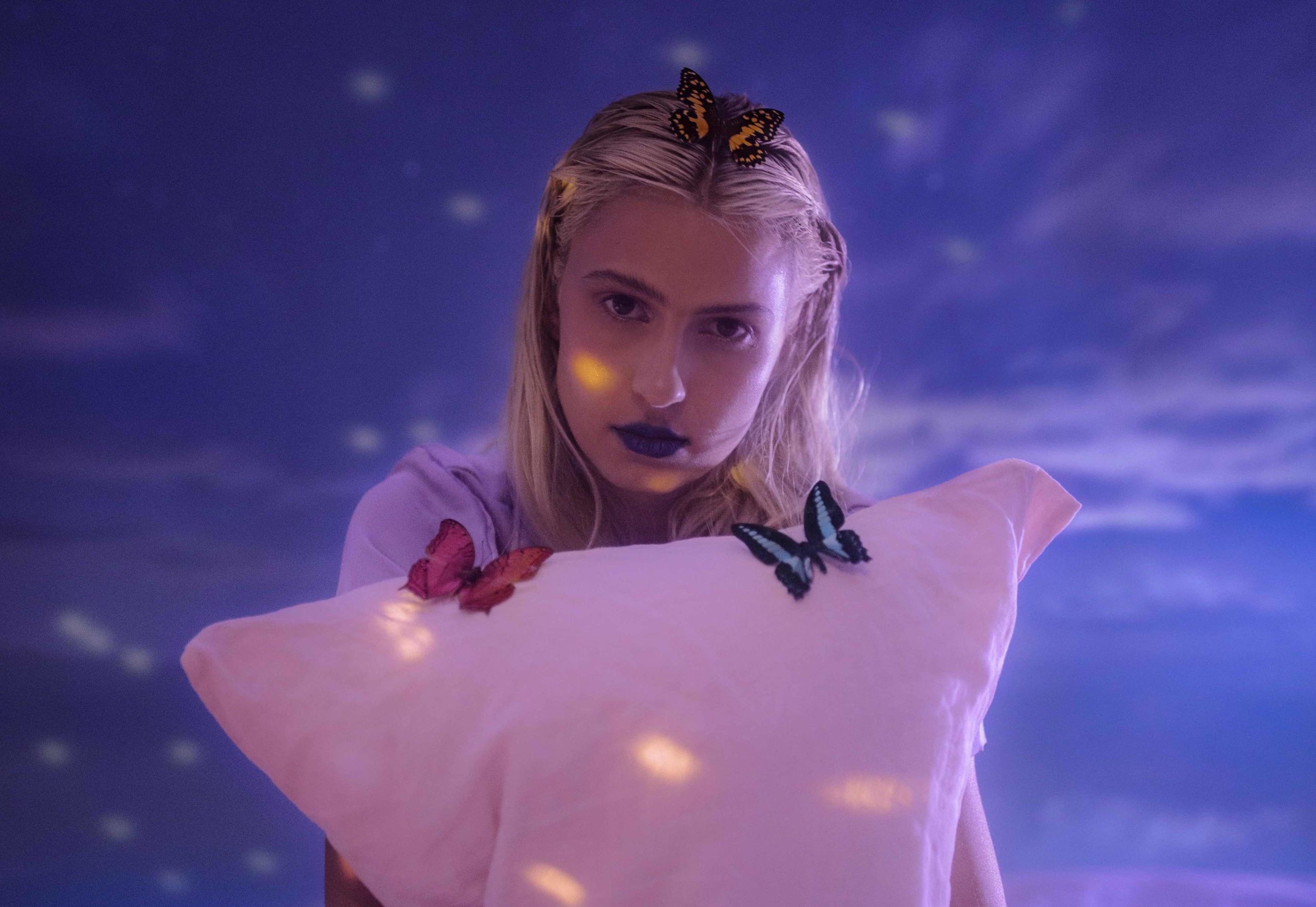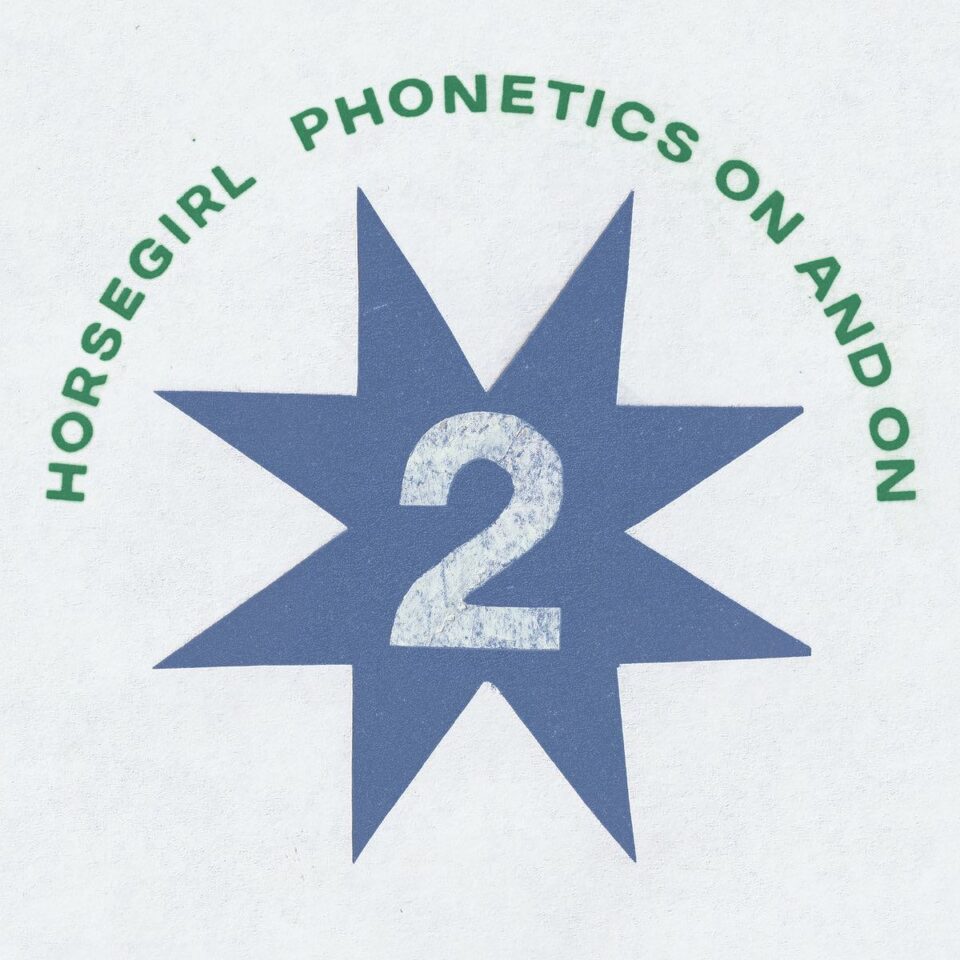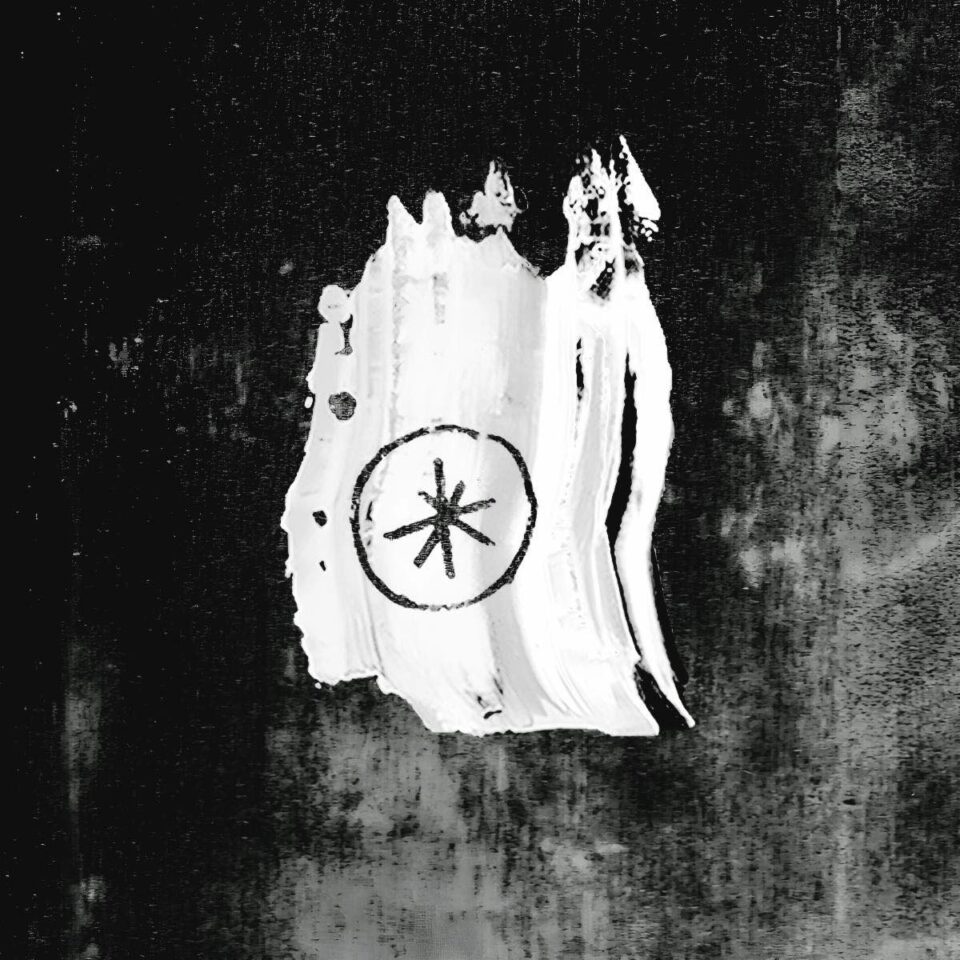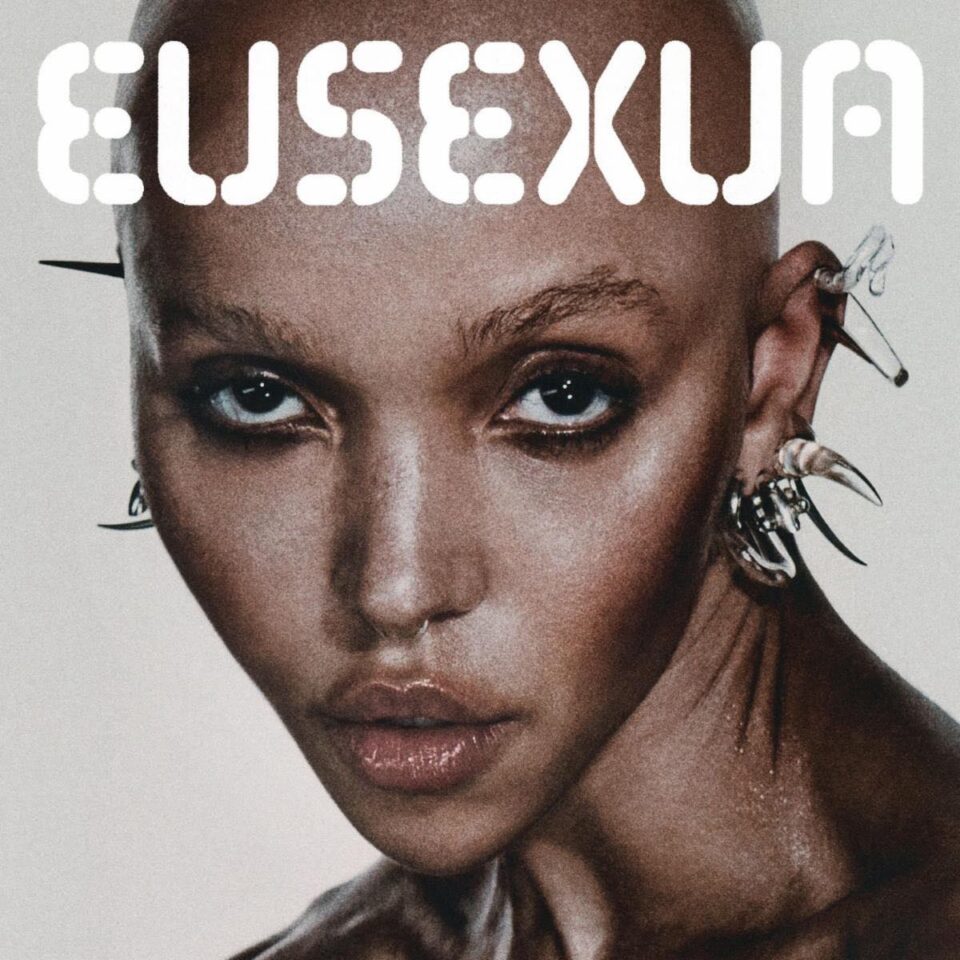It takes sifting through a ridiculous amount of internet pages filled with whipped cream, sliced bananas, and oozing caramel to actually find the music that Martha Brown makes as Banoffee. But Brown isn’t the kind of person who cares about making the first page of a Google search, and there was intention behind naming herself after the creamy banana-toffee lovechild. “I chose the most indulgent thing I could think of,” she explains over the phone from her home in Melbourne. The Australian pop musician doesn’t make music as saccharine as her title suggests, but it is a richly layered project of complex personal confrontation.
“In Australia, everyone looks to the British like they’re this higher class and they’re very posh and articulate and then they have pies that are called ‘banoffee’ and they called the political movement to leave Europe ‘Brexit,’” Brown laughs, referencing another British portmanteau. “I just think it’s so funny and trashy. I was like, ‘I’m kind of funny and trashy, maybe that’s me.’”
Becoming a pop sensation wasn’t Brown’s initial plan when imagining herself in the music industry. “I was brought up playing stringed instruments,” she says. “When I was younger I always wanted to be in a symphony orchestra. That was the main aim, and viola was my main instrument.” But that changed when she began performing with her sister Hazel in the band Otouto. Banoffee started as Brown’s side project when her opinions on the industry differed from her sister’s. It was around this time that their band broke up and she started experimenting with electronic music and mastering the synthesizer.
Recorded mostly in Los Angeles with co-producer Yves Rothman, Banoffee’s debut Look At Us Now Dad is a glittering reflection of personal hardship, ancestral adversity, and familial admiration. Family is crucial to Banoffee, something she makes clear through candid recordings of her father and confessional flashes of lying to a loved one on the record. Over pirouetting synth melodies, elements of ’80s rock and dizzying pop, Brown reflects on her genealogy. When we speak, she gives me an inside look at the years leading up to her debut.
Is the music community in Melbourne more competitive than it is welcoming?
It can be! I love Melbourne and Australia and I owe a lot to my home for hoisting me up. I’ve had a really lovely experience there. I’m one of the lucky ones. But I do think that coming from a small country that is far away, you’re often led to believe that there isn’t room for everyone. It’s interesting how with Australian music, the description “Australian” has almost become its own genre. You are led to believe that, “Oh, well you’re an Australian musician. There’s only three or four spots in the world for an Australian musician and we’ve already got Flume and Chet Faker, so what are you gonna be?” That’s a pretty annoying thing to hear, especially when it’s two white guys from a private school. It’s slowly progressing; women and non-gender specific people are being welcomed more in the community, but it is competitive because Australia is still a very whitewashed country and it’s also a very gendered country.
Have any of your experiences led you to feel like you’re breaking through a glass ceiling?
Yeah, definitely. The most recurrent one to me is that everyone tells me, “you remind me of Grimes.” And that is the most annoying sentence to ever come out of anyone’s mouth. “Cool. I’m a blonde girl who plays synths. Like, yay.” Maybe it’s strange because if a male musician makes music that sounds like another male musician, we don’t really acknowledge it in the same way. It’s quite often that women are pitted against each other.
Sounds like moving to Los Angeles was a good idea, then.
It was important for me to move to LA to believe that I was capable of making something unique, something that people could be interested in. The exciting thing about LA is it’s like a strange band camp site, where there’s people from all over the world who moved there just to do what they love doing and to share their skills. It helped me to feel confident, to be able to reach out to people I never would have reached out to for support. I never would have asked for help if I was in Australia. I would have felt that that was weak or that I have to do it alone.
How did you get in touch with your co-producer Yves Rothman?
When I moved to LA I was doing a lot of writing sessions. I said that I wanted someone to make my record with, and a friend suggested Yves. I was so skeptical of him. I am used to working with other male producers who just want to produce on top of me and put their sound on my record. Yves was different—encouraging and open-minded. It was such a special experience making it with someone who took it on as their own baby.
“Everyone tells me, ‘you remind me of Grimes.’ And that is the most annoying sentence to ever come out of anyone’s mouth … if a male musician makes music that sounds like another male musician, we don’t really acknowledge it in the same way. It’s quite often that women are pitted against each other.”
I’ve become a much better songwriter and producer through working with Yves. He would just cut all my bullshit out of the songs. I would write a song with like six verses and two bridges and all these different pre-choruses. He would come in like, “This is a great song but it’s eight minutes long. You’ve over-produced it and overwritten it.” It’s really a credit to Yves that any of the songs have structure at all. I think it’s important to have someone in your creative life who calls you on your bullshit, who will take that risk.
I’m curious as to how the interludes and shorter songs came about, because it sounds like a result of that editing.
The song “I Let You Down” was one big song and it now comes in two parts— “I Lied” and “I Let You Down.” I knew that it was long and didn’t have a place on the record, but there were also some songs that needed a prologue. They needed something to set them up and create a mood, which I thought was appropriate.
They feel like flashbacks to me, or tiny little foot bridges. They don’t need to be their own sort of entity. Through writing songs that sound good, that make sense to as many people as possible, you do have to sacrifice some lyrics or some of the meanings that are specific and personal to you. It’s nice to be able to save those moments and still express yourself by putting in small songs, not caring if people stream them or not.
Could you explain those tracks?
“I Lied” and “I Let You Down” was one specific song that I wrote quite a while ago in 2010 and 2011. I lost a lot of people and people died around me. I have a very interesting, dramatic, and all-over-the-place extended family situation. My auntie and my grandfather died within a month of each other—they were rocks in my mother’s life and my life. I wasn’t very well at the time. I had been going through a lot of mental health issues. This dying gift that I could give my auntie and my grandfather was to lie and tell them everyone was better and everyone was OK. It was a really sad moment for me to see someone on their deathbed and say, “I just want to let you know that everything worked out and I’m OK and I’ll look after my mum. Everyone’s happy and you can leave in peace.” It was a strange feeling of relief, but also guilt in knowing that it wasn’t true. And knowing that as soon as they died, I couldn’t fix everything. I couldn’t fix everything and make everything the way they would want it to be.
I wrote that song as my way of confessing to them and apologizing to them for the white lies that I told in order to let them sort of let go. That was important for me to put on the record because I have come to peace with that now. By bookending the album with those, and by putting them with those synths and peaceful sounds, the instrumentation to me feels like peaceful breathing.
What role does the rest of your family play on the album? Was that more of a subconscious theme?
It was pretty conscious. So many records are written about love affairs or break-ups. The most profound love affair I have in my life is with my family. I have a very complicated family; you know, a lot of us suffer from mental health issues or have been through challenging times, but one thing I noticed between my family is that we’re extremely close and we celebrate each other and cherish each other. Writing a record about the themes of resurrection and rebirth and owning past experiences came with bringing my family with me. I noticed with other people when they speak about recovery or rebirth and resurrection, it’s about leaving their past behind. I didn’t want to leave my past behind. I think it’s important to embrace it and also to acknowledge the people that got you through it.
Family plays such a huge role, especially when I started looking into the influences generational trauma has on a person. And a lot of my research on myself led me back to what my dad had gone through, what my mom had gone through, and their ancestors as well. For me, the whole record is an exploration of family. Whether I’m singing about a love affair or something personal, I think my family has an influence on every single one of those situations.
There’s a few striking lines about the differences between your generation and your parents’.
“So many records are written about love affairs or break-ups. The most profound love affair I have in my life is with my family.”
It’s been a real experience writing songs like that, because obviously I have every right to write about my experience and and how these things have shaped me—but it also includes other people. It’s confronting to write in a way where, I guess, every lyric requires consent. I’m still working out how to release songs like that in a way that is sensitive and kind, as honest as humanly possible about myself, and in a way that I feel satisfied expressing my own experience.
There is a lot of voice manipulation on the record—it almost seems to veil or warp the human presence.
That’s spot-on. Especially in this day and age, we’ve allowed ourselves to be more vulnerable. We’ve unsheathed ourselves to an extent because of the amount of digital walls we put up through social media, or through having to text someone instead of speaking to them on the phone. It feels less direct. We create walls and boundaries in order to be more vulnerable. I think that was definitely a tactic used in this album, not as much to personally protect myself but to portray that as an idea. Sometimes there is safety in a disguise. In the same way there is in confessionals, where the person is sitting in the dark and you can’t see their face.
That was sort of what I aimed to do. I’m so interested in becoming the first robot hybrid. That is my dream. [Laughs.] That was definitely an idea in there. The more vulnerable I become, the more I feel myself turning into this half-tech, half-human hybrid. It’s this interesting way of walling myself off, just as much as I am opening myself up. FL









